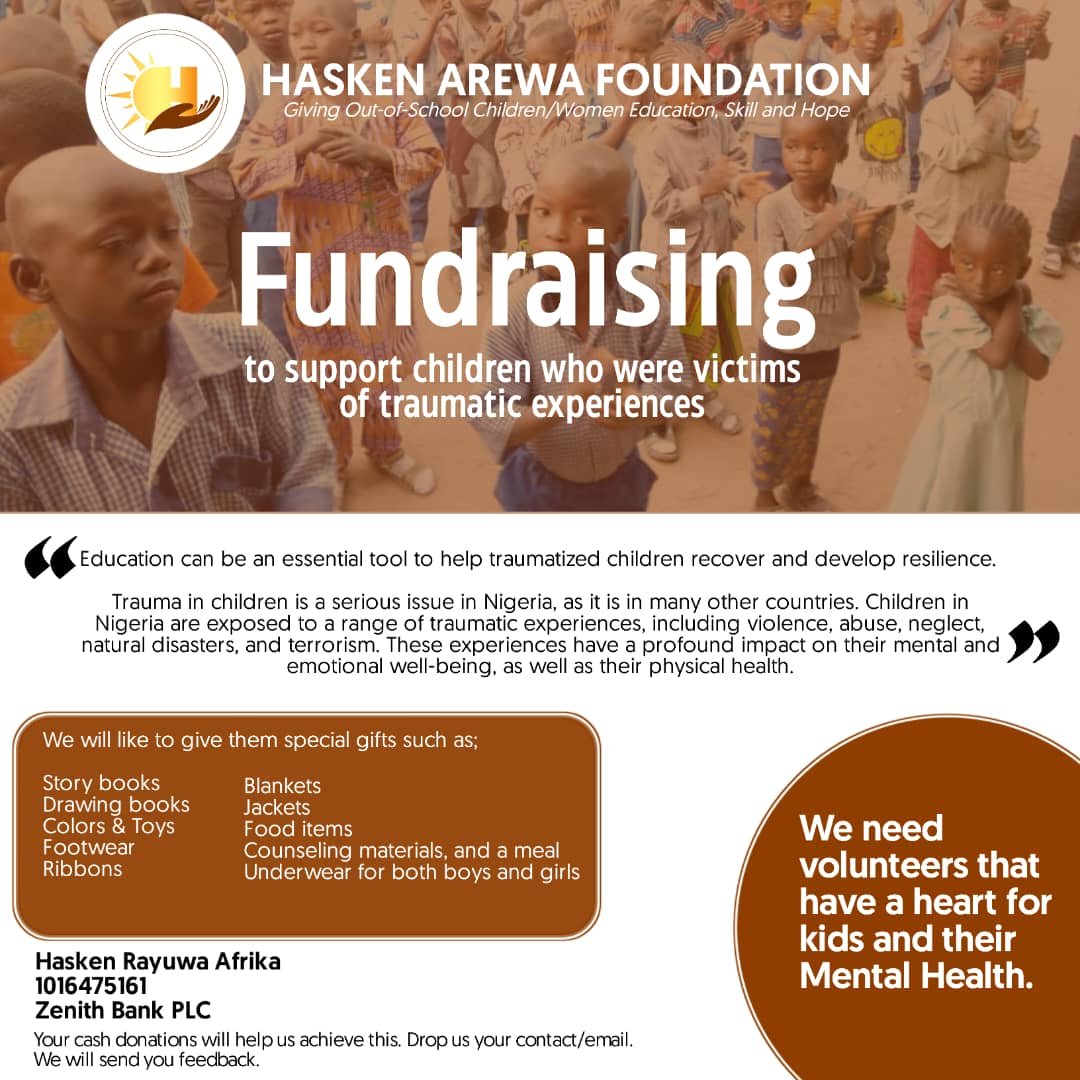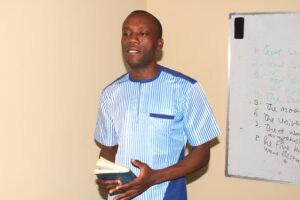Education in Northern Nigeria: A Quest for Progress
Northern Nigeria, with its rich cultural heritage and diverse communities, has long been recognized as a region with immense potential. However, when it comes to education, there are certain challenges that need to be addressed to ensure progress and growth.
One of the key issues faced by the education system in Northern Nigeria is the low literacy rate. Despite efforts to improve access to education, a significant number of children, especially girls, are still out of school. This can be attributed to factors such as poverty, cultural norms, and security concerns. To truly make a difference, it is essential to address these barriers and create an inclusive environment where every child has the opportunity to learn.
Another aspect that needs attention is the quality of education. While there are schools in the region, the standard of teaching and infrastructure varies greatly. Investing in teacher training programs and providing resources to schools can greatly enhance the quality of education. By ensuring that teachers are well-equipped and motivated, we can empower them to become agents of change in their communities.
Furthermore, it is crucial to promote education that is relevant to the needs of the region. Northern Nigeria has a predominantly agrarian economy, which means that vocational training and skill development should be given due importance. By equipping students with practical skills, we can empower them to contribute effectively to their communities and the overall development of the region.
Additionally, there is a need to bridge the gender gap in education. Girls in Northern Nigeria face numerous challenges, including early marriage, limited opportunities, and societal pressures. By implementing initiatives that focus on girl-child education and creating safe learning environments, we can empower girls and enable them to break free from the cycle of poverty.
Moreover, collaboration between the government, communities, and non-profit organizations is essential for sustainable progress. By working together, we can identify the specific needs of each community and tailor educational programs accordingly. This approach will not only ensure that resources are utilized effectively but also promote a sense of ownership and responsibility among all stakeholders.
In conclusion, education in Northern Nigeria is a complex issue that requires comprehensive and collaborative efforts. By addressing barriers to access, improving the quality of education, promoting relevance, and empowering girls, we can pave the way for a brighter future. Let us come together, with a shared vision and determination, to transform education in Northern Nigeria and unlock the region’s true potential.




